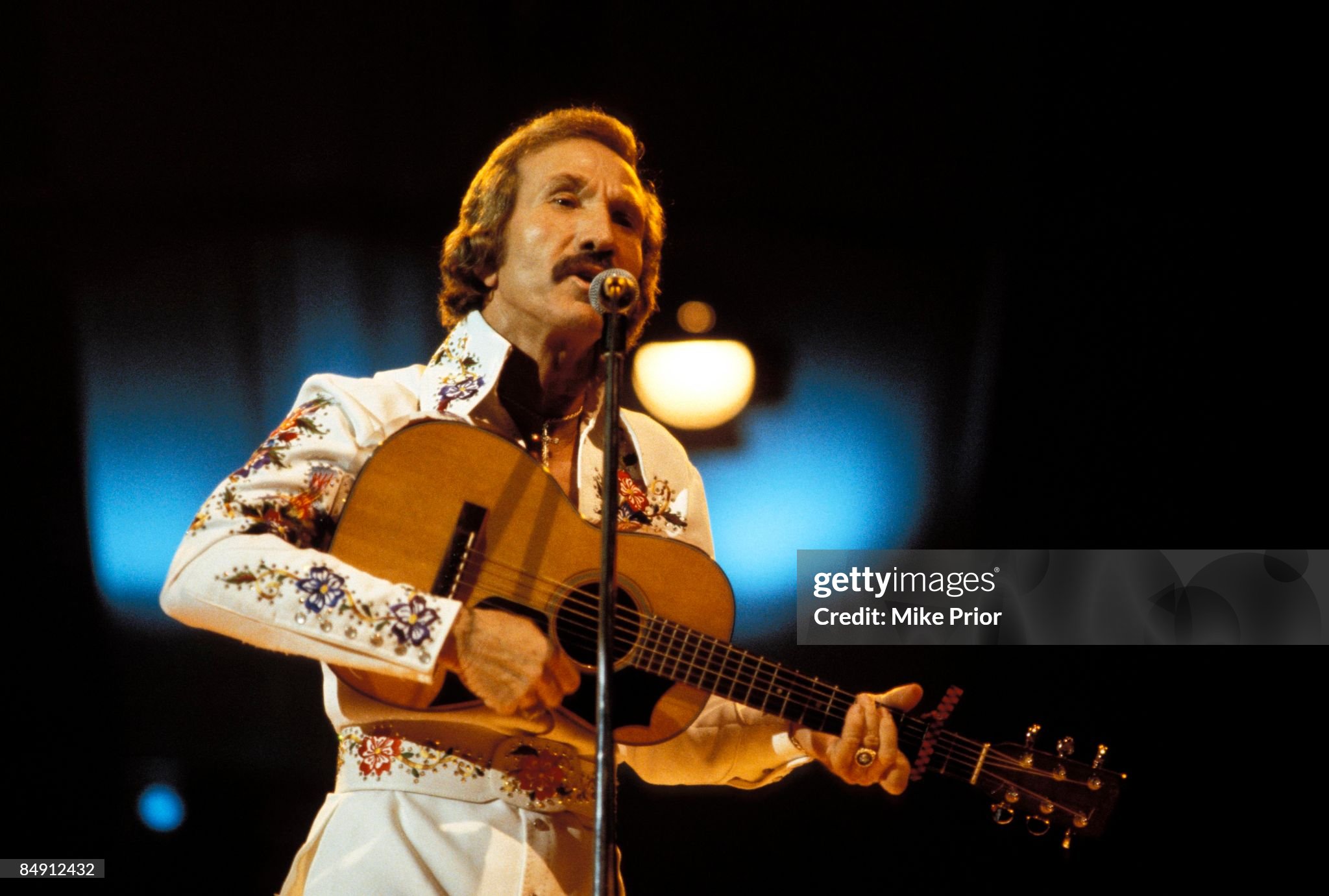
A Ballad of Love and Fatalism Etched in the Dust of the American Frontier
When Marty Robbins released “El Paso” in 1959 as part of his ambitious concept album Gunfighter Ballads and Trail Songs, he not only etched a haunting tale of romance and retribution into the fabric of country music but also crossed over into the broader American consciousness. The song climbed swiftly to the top of the Billboard Hot 100 chart in early 1960—an extraordinary feat for a western ballad during a time when rock ‘n’ roll dominated the airwaves. With its evocative storytelling, sweeping harmonies, and cinematic scope, “El Paso” became a defining moment in Robbins’ career and an enduring classic in American musical lore.
At its heart, “El Paso” is an epic narrative of passion and peril, unfurled through the voice of a nameless cowboy who is both lover and outlaw. Set against the dusty backdrop of the Tex-Mex border town, the song opens with the narrator recalling a time when he fell under the spell of a woman named Feleena, whose allure was as intoxicating as it was dangerous. Robbins’ lyrical structure—a first-person confession spun across vivid stanzas—immediately immerses the listener in a world where love, jealousy, and death circle like vultures over desert sands.
What distinguishes “El Paso” from countless other western-themed songs is not just its intricate narrative arc but its emotional depth and compositional elegance. Robbins doesn’t merely recount events; he invites us into the aching interiority of a man torn between conscience and compulsion. When the narrator kills another suitor out of jealous rage, he flees El Paso for his life—but also for his soul. The most powerful moment arrives when he chooses to return, knowing full well that his homecoming will likely be fatal. This decision, driven by undying love for Feleena, elevates “El Paso” from a simple cowboy song to a tragic aria—a meditation on how passion can both redeem and destroy.
Musically, Robbins’ use of Spanish guitar flourishes and bolero rhythms enriches the narrative with regional authenticity. The harmonic backing from vocal group The Glaser Brothers provides ghostly echo to Robbins’ lead vocal, reinforcing the sense that this is not just one man’s story but a timeless legend passed through generations. The song’s structure—over four minutes long, with multiple verses and no traditional chorus—defied radio norms but proved irresistible due to its sheer narrative pull.
In crafting “El Paso,” Robbins resurrected the oral tradition of frontier ballads and brought it into modernity with grace and grandeur. He did more than pen a hit; he constructed an emotional universe where honor battles desire, and fate waits patiently at the city gates. Over six decades later, listeners still find themselves haunted by that final ride back to Rosa’s Cantina—proof that some songs don’t just tell stories; they become them.